Theresa May tells Trump she has ‘deep concern’ over Trump’s trade tariff plans
UK Prime Minister Theresa May has raised “deep concern” with US President Donald Trump over his declared plans to impose tariffs of 25 percent on imports of steel and 10 percent on aluminum.
May called Trump on Sunday after global stock markets tumbled in the face of a threatened trade war with China, and escalating tensions between the US and Europe Union.
“The prime minister raised our deep concern at the president’s forthcoming announcement on steel and aluminum tariffs, noting that multilateral action was the only way to resolve the problem of global overcapacity in all parties’ interests,” a spokeswoman for May’s Downing Street office said Sunday.
May's de facto deputy also earlier condemned Trump's trade rhetoric. "I just think that the United States is not taking an advisable course in threatening a trade war,” Cabinet Office minister David Lidington told the BBC's Sunday Politics program. "Trade wars don't do anybody any good."
Experts have warned that Trump’s protectionist policy, which he announced via twitter earlier this week, would lead to a trade war.
Undeterred by warnings, however, the businessman-turned-president justified his move by claiming that his country was losing billions of dollars on trade and added that “trade wars are good, and easy to win.”
President of the European Commission Jean-Claude Juncker reacted to Trump’s tariffs by saying the EU would forcefully target US imports such as Harley-Davidson motorbikes, Levi’s jeans and even alcoholic drinks.
Trump stepped up the war of words, saying if Europe proceeds with the threat the US would take countermeasures.
“If the EU wants to further increase their already massive tariffs and barriers on US companies doing business there, we will simply apply a tax on their cars which freely pour into the US. They make it impossible for our cars (and more) to sell there. Big trade imbalance!” he said Saturday.
The trade war is likely to hurt May’s plans for a post-Brexit UK, where London would heavily rely on its business ties with the US and other parts of the world to boost its economic growth after leaving the EU.
May admitted in a speech Friday that there were “hard facts” Britain should be ready to face about the economic consequences of Brexit.
She confirmed the UK would leave the EU’s single market and customs union after Brexit in March 2019, noting the country may suffer new trade barriers as a result of her move.
Trump has promised May a “major trade deal” that, ironically, would save London from the EU’s “very protectionist” policies.
Israel provides full support for theft of aid to starve Gazans: Report
'Israel booby-trapped walkie-talkies, pagers years before Lebanon blasts'
Gaza Health Ministry calls for urgent intl. help to protect hospitals amid Israeli genocide
Stakes involved in Iran’s partnership with Eurasian Union
VIDEO | Press TV's news headlines
Iran says ‘ready’ to reopen embassy in Syria, holds talks with Damascus
VIDEO | 12 people killed in ammunition factory blast in northwest Turkey
Iraq’s PMU masses resistance forces on border with Syria amid mounting concerns


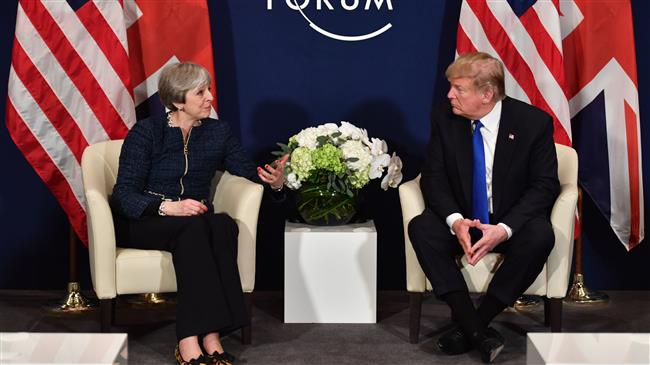



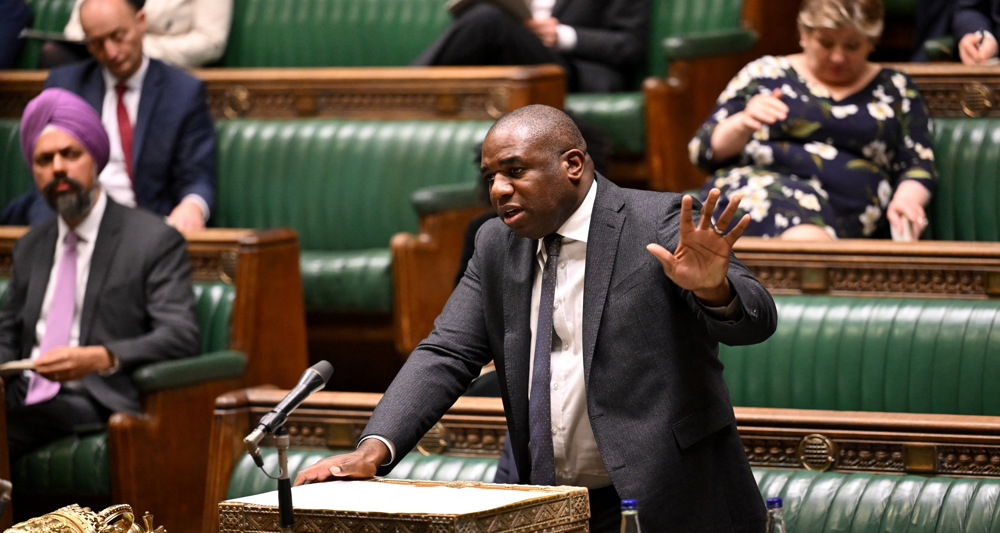



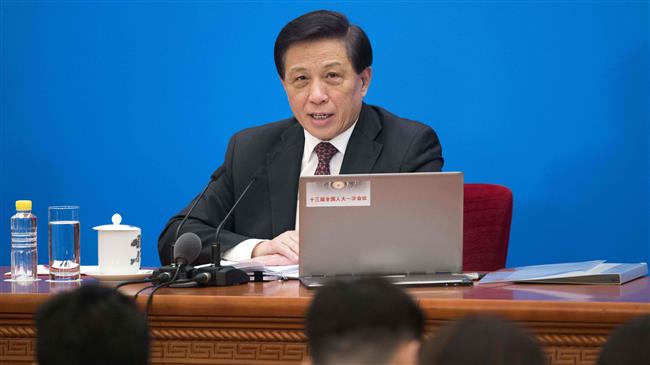
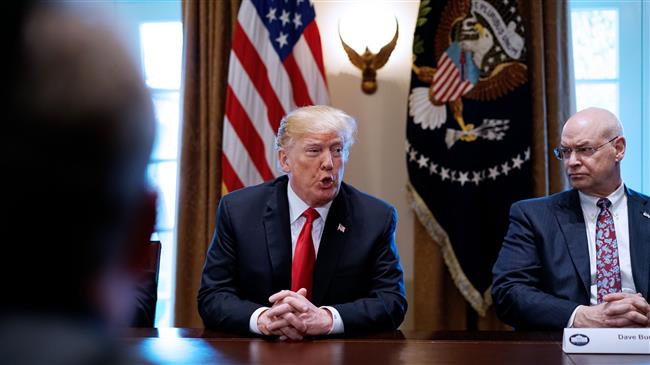
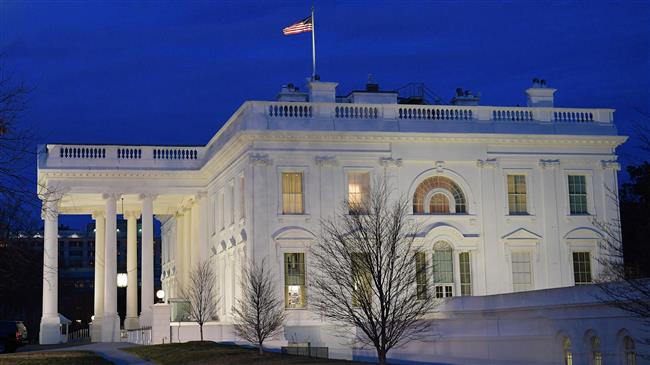
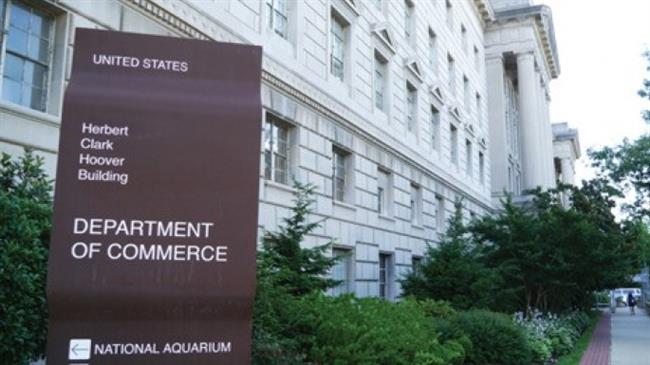
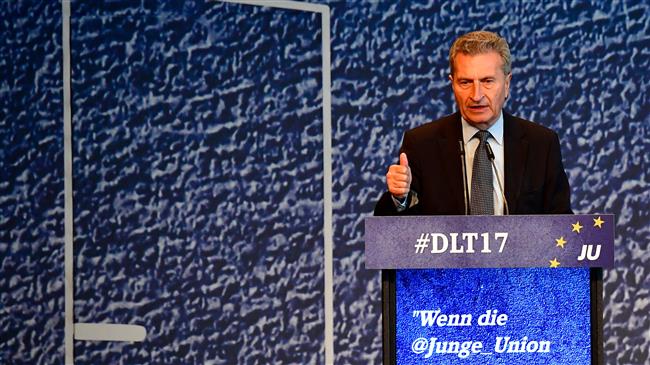


 This makes it easy to access the Press TV website
This makes it easy to access the Press TV website